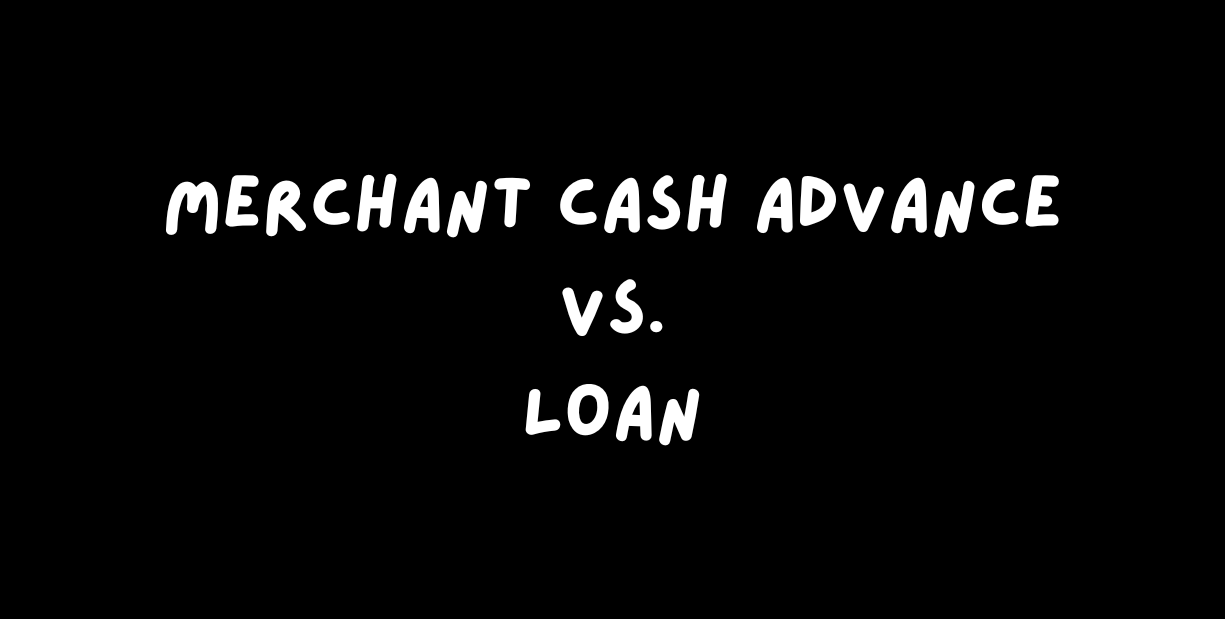How a Merchant Cash Advance Defense Attorney Can Help New York Business Owners
Running a business in New York can be challenging, especially when facing financial difficulties. One option that some business owners turn to for quick cash is a merchant cash advance. While these advances can provide immediate funds, they often come with high fees and strict repayment terms that can lead to financial strain for the borrower. If you find yourself struggling to repay a merchant cash advance, it may be time to seek the help of a merchant cash advance defense attorney. In this blog post, we will explore how these attorneys can assist New York business owners facing merchant cash advance issues.
- Understanding Merchant Cash Advances: Before delving into how a merchant cash advance defense attorney can help, it's important to understand what exactly a merchant cash advance is. A merchant cash advance is not technically a loan but rather an upfront sum of money given to a business in exchange for a percentage of its daily credit card sales. The repayment is typically collected daily or weekly through automatic withdrawals from the business's bank account. While this may seem like an easy way to access quick funds, the high fees and interest rates associated with merchant cash advances can quickly become overwhelming for businesses already struggling financially.
- Assessing Your Situation: If you find yourself unable to keep up with the payments on your merchant cash advance, it's crucial to assess your situation and seek professional help if needed. A merchant cash advance defense attorney can review your financial documents and contracts related to the advance to determine the best course of action. They can help you understand your rights as a borrower and work towards finding solutions that will alleviate your financial burden.
- Negotiating with Lenders: One of the key roles of a merchant cash advance defense attorney is negotiating with lenders on behalf of their clients. These attorneys have experience dealing with lenders and understanding the intricacies of merchant cash advance agreements. They can negotiate more favorable terms for repayment or even potentially settle the debt for less than what is owed. Having an experienced attorney in your corner can give you peace of mind knowing that someone is fighting for your best interests.
- Legal Protection: In some cases, businesses may face aggressive collection tactics from lenders trying to recoup their money from defaulted merchant cash advances. A merchant cash advance defense attorney can provide legal protection by representing you in court if necessary and ensuring that your rights are upheld throughout the process. By having legal representation, you increase your chances of reaching a fair resolution without facing harassment or threats from lenders.
- Moving Forward: Once you have successfully navigated through your merchant cash advance issues with the help of an attorney, it's essential to learn from this experience and take steps to prevent similar situations in the future. Consider working with financial advisors or consultants to improve your business's financial management practices and avoid falling into debt traps again.
As a New York business owner facing challenges with repaying a merchant cash advance, seeking assistance from a reputable merchant cash advance defense attorney can make all the difference in resolving your financial woes effectively and efficiently. These skilled professionals have the knowledge and expertise needed to negotiate with lenders, protect your legal rights, and ultimately guide you towards financial stability once again.











